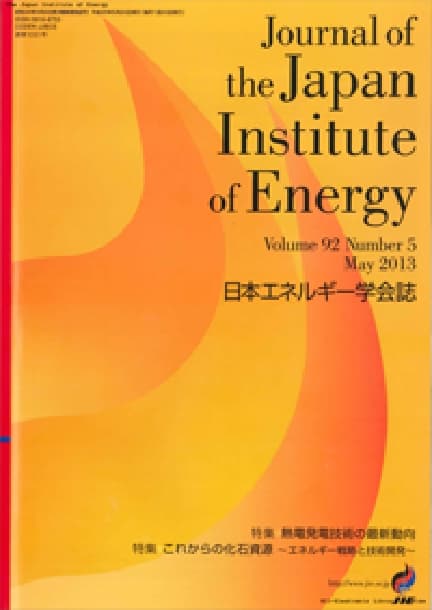EGRおよび過給条件での非平衡プラズマがHCCI燃焼に与える影響
田中 寛人, 佐藤 竜也, 高野 竣太郎, 元木 裕也, 星野 飄太, 飯島 晃良, 浅井 朋彦, 関口 純一, 芦澤 好人, 田辺 光昭, 庄司 秀夫
pp. 64-69
DOI:
10.3775/jie.97.64抄録
Homogeneous Charge Compression Ignition (HCCI) has attracted much attention as a combustion system for internal combustion engines because it is capable of achieving high efficiency and clean exhaust emissions. However, it is difficult to control the ignition timing of HCCI engines and their range of stable operation is limited to low loads. Approaches to resolving these issues include supercharging and the application of exhaust gas recirculation (EGR), which are effective techniques for moderating combustion during high load operation. However, one drawback of EGR is that it tends to cause unstable combustion. Therefore, the idea of applying Low-Frequency plasma to assist combustion was investigated as a method of stabilizing combustion while still maintaining a high EGR rate. A self-excited pulse generator configured with an inverter circuit was used in this study to apply high-voltage alternating current for forming a Low-Frequency plasma discharge between electrodes inserted into the combustion chamber. The effect of this plasma discharge on HCCI combustion was examined. The results showed that the Low-Frequency plasma assist had the effect of stabilizing combustion under conditions where combustion normally becomes unstable. It was found that this method made it possible to achieve stable combustion at higher engine loads.
他の人はこちらも検索
日本エネルギー学会誌 Vol.96(2017), No.12
日本エネルギー学会誌 Vol.97(2018), No.2
日本エネルギー学会誌 Vol.96(2017), No.10










